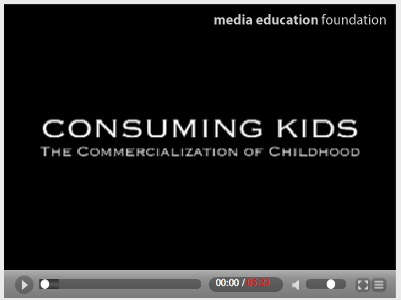 From the moment our children are born we, as parents, are asked to be the gatekeepers for what and with whom our children come into contact.
From the moment our children are born we, as parents, are asked to be the gatekeepers for what and with whom our children come into contact.
Do they have access to plug outlets or the cords of mini-blinds? Are they being exposed to lead? Could they choke on that grape? And this doesn't even begin to consider who their childcare provider is and other, much bigger, concerns.
We are expected to ensure their safety, proper nutrition and physical development, their homework completion, academic success, chore responsibilities, acquisition of life skills, good morals and behavior and watch that they are not being bullied or bullying others.
Then there is knowing who our kids are hanging out with in person and in cyberspace, that they are texting appropriately, whether they are having sex, having unprotected sex, and/or are on the road to becoming addicted to drugs, alcohol or even video games. And all of this must be done without going overboard or appearing to being completely neurotic.
But now I find out that besides being on top of all these dangers lurking outside our gates, there is a seriously sinister force challenging parents' efforts to raise reasonable, respectful, conscientious and health-conscious children that may be being overlooked.
I am talking about the multibillion-dollar marketing efforts aimed at making our children voracious life-time consumers. These sophisticated maneuvers are not child's play. With data in hand, they have learned how to alternate between disguising their aims in dazzling, distracting Trojan horses (or little ponies) that we gladly welcome in and turning our children into nagging 9-year-old battering rams working to wear us down. As a third approach to getting access to our kids, they have discovered that they can buy their way around our security systems via schools and even innocent-seeming slumber parties.
And while that may seem paranoid, after watching a preview version of Consuming Kids, if anything I think I have been grossly underestimating these efforts.
Let me be clear. Parents need to be more vigilant (and less uptight) than ever. But there are times when we are so clearly out-matched that it's not even close to a fair fight. When there is that much money, research and college-educated brain power geared toward calculating the exact magic number of times a child needs to nag a parent to get that next 'must-have' thing (turns out it's nine),
how can parents keep up?
Interestingly some of the same critics of parents not stepping up are also surprisingly mum when it comes to these corporate efforts to convert our kids into super-consumers. Why is that? Because it isn't reasonable to ask the people who run the marketing machine in our society to be responsible for our children? My follow-up question is then - why is that acceptable?
Of course this butts into the debate of the role of government and how much protection children should have from these marketing forces. The movie offers a fairly discouraging account of how the system let our children down there. And comes full circle back to the question of who is supporting parents in insuring that children grow up well?
Sadly without more forces looking out for our children, the outcomes don't look good.
Our children are struggling more and more with inattention, obesity, poor social skills, lack of creativity and motivation, mental health issues, addictions, entitlement and a loss of deeper values than capitalism. Isn't it curious that many of the products being marketed directly to our children seem to be either part of these problems or part of the solutions?
Of course parents need to step up first and foremost. But I have a better idea - how about if everybody does a better job of supporting children. How about holding parents accountable and giving them a hand. How about not asking parents to be successful with their children despite so many forces working against them.
Parents need to pay attention (but not too much attention); communities, schools, medical and mental health professionals and even non-parents need to actively choose to support our youth and their parents. But this Everybody List must also include the people making decisions in the marketing sector; and government regulation - for when these merchants of capitalism miss the point.
In the meantime parents it's still is up to you. Here are 5 things you can do:
- Be kindly consistent with your 'No means No' stand.
- Keep holding down the fort even when it isn't easy. Your kids are benefiting from your efforts.
- Watch Consuming Kids (with your adolescents if possible so that they can become their own gatekeepers).
- Consider joining: Commercial Free Childhood.org
- Speak out to the rest of the village and say, "Hey can a parent get a little help here?"
~~~
Annie Zirkel, LPC is a Parenting Consultant, Workshop Presenter and Author based in Ann Arbor, Mi. Contact her at annie@practicehow.com